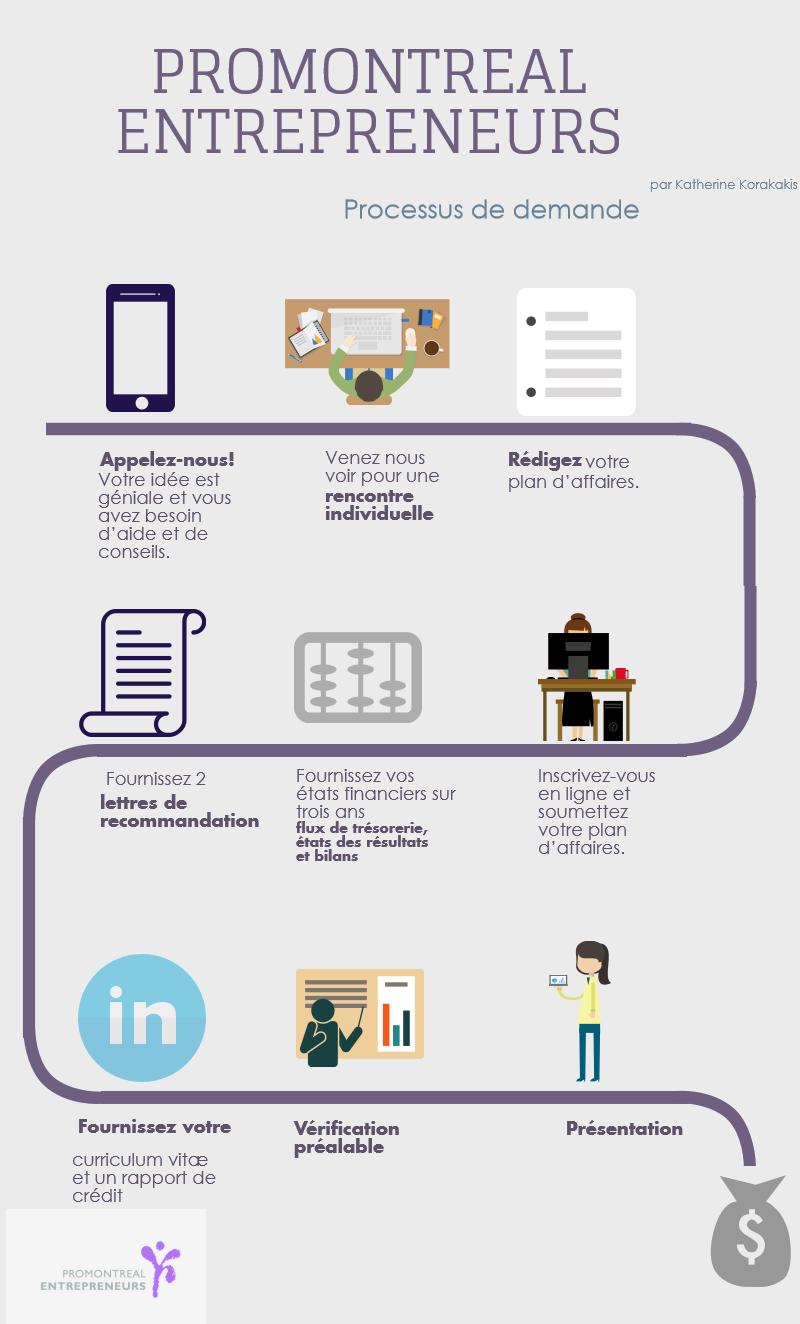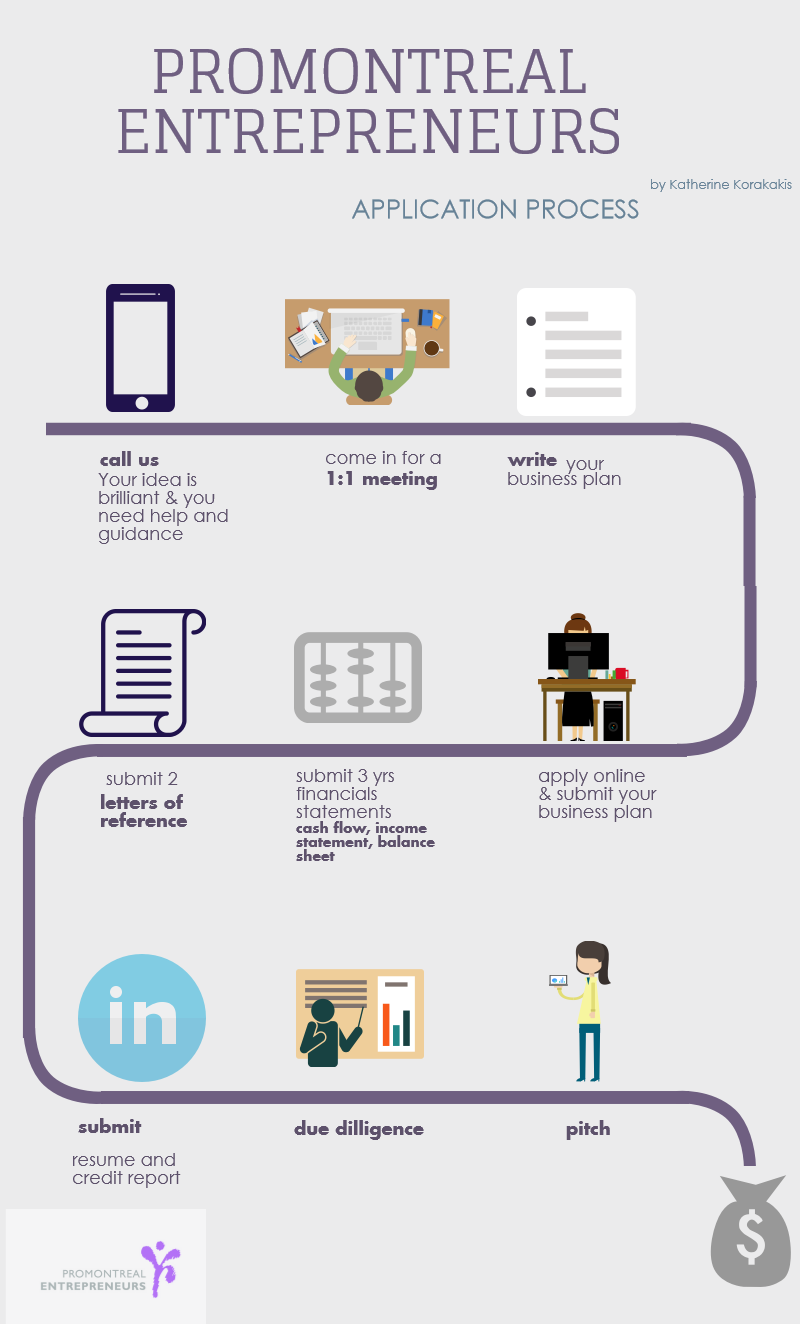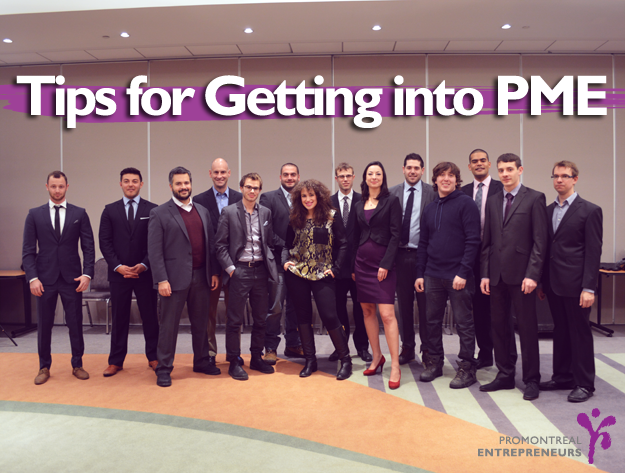 Your vision is amazing, and your product is great. However, making a great product and selling it are two different things. And without sales, your dreams of becoming a successful entrepreneur won’t go very far. The first step, and one of the most delicate in an effective sales campaign, is to price your product. When it comes to pricing your product, here are a few things to consider:
Your vision is amazing, and your product is great. However, making a great product and selling it are two different things. And without sales, your dreams of becoming a successful entrepreneur won’t go very far. The first step, and one of the most delicate in an effective sales campaign, is to price your product. When it comes to pricing your product, here are a few things to consider:
What is the customer willing to pay for my product?
Pricing the product is not only about you, but also about the customer. Find out what your product is actually worth. You can use surveys and customer research to accurately price your product.
Furthermore, you have to consider your competitors’ pricing. If customers are willing to pay $5 for your product but can get it from your competitor at $4, why should they buy from you? Price your product accordingly, for it to be competitive on the market. If your product is vastly better in quality than your competitors’, you can justify raising the price.
What kind of pricing strategy should I choose?
As the price of your products goes down, you will access a larger market, but will have to increase sales. Consequently, when the price of your product goes up, your market will be much more reserved, but you will have to sell fewer products to make profit. Balance this relationship until you have found your ideal customer base. You can always adjust your prices in order to meet your customers’ needs.
Decide on a pricing strategy. There are two options to choose from: market skimming, or market penetration. Market skimming involves introducing your product onto the market at a high price to account for potentially low initial sales. If your business is new and relatively unknown to the public, this may be a good strategy. As you establish your customer-base and production costs start to decrease, you can begin to lower the price of your product incrementally (i.e. skim the price). However, be sure that you can justify the high price with quality and add-ons (customer service, support, shipping, etc).
How do I want to sell my product?
Consider different options when it comes to selling your product. You can bill your customers with one-time payments, but also with monthly or yearly subscriptions. This will allow you to not only make the sale, but to keep the customer coming back and renewing. Depending on what kind of product or service you are selling, you should consider different payment plans.
Create different options for your customers to buy: three is ideal. You can have a basic, upgraded, and premium option. By doing so, you will attract a larger market by selling your basic version but will still be able to make sales to people who want a little more with your premium option. Consider a computer: you can buy the same brand for $400, $1000, $2000, etc.
Discounts, benefits, bundles.
This is an important step in pricing your product. You need to create some kind of initiative for customers to buy your product. You can do this in different ways:
• Discounts: Discounts are good to attract a boost in sales or new customers, but they should not be overused. If your product can only sell during discounts, there might be something wrong with the product or the pricing.
• Bundles: Again, don’t overuse this. By promoting sales in bundles, your sales will inevitably go up, but your profit per item sold will decrease. Balance your prices and bundle quantities accordingly.
• Benefits: This can work in two ways. You can create some kind of monetary benefit (buy five and get the next one free kind of deal) for your regular buyers in order to secure a solid customer base. The second way, which is a lot harder to achieve, is to create a social benefit. In this case, customers will partly be buying your product for the social status it gives them, and not only for the product itself. Think of expensive watches, cars, etc.
In order to sell your product at a high price, you have to ask yourself: have I given the customer a reason to pay more for my product? In order to sell your product at a competitive rate, you need to bring something that your competition does not offer. This can be clear differences or perceived differences. Let’s say you are selling coffee for example: if your coffee is simply better than anything else on the market, this is a clear difference that will allow you to raise your price. If, however, your coffee is average but has a fair-trade policy as well as an environmental one, this is a perceived difference.
Remember that once your pricing is done, it is not set forever. You will often have to change your prices due to competitors, supply and demand factors, and discounts. Do your research, evaluate your product, and set a price!











